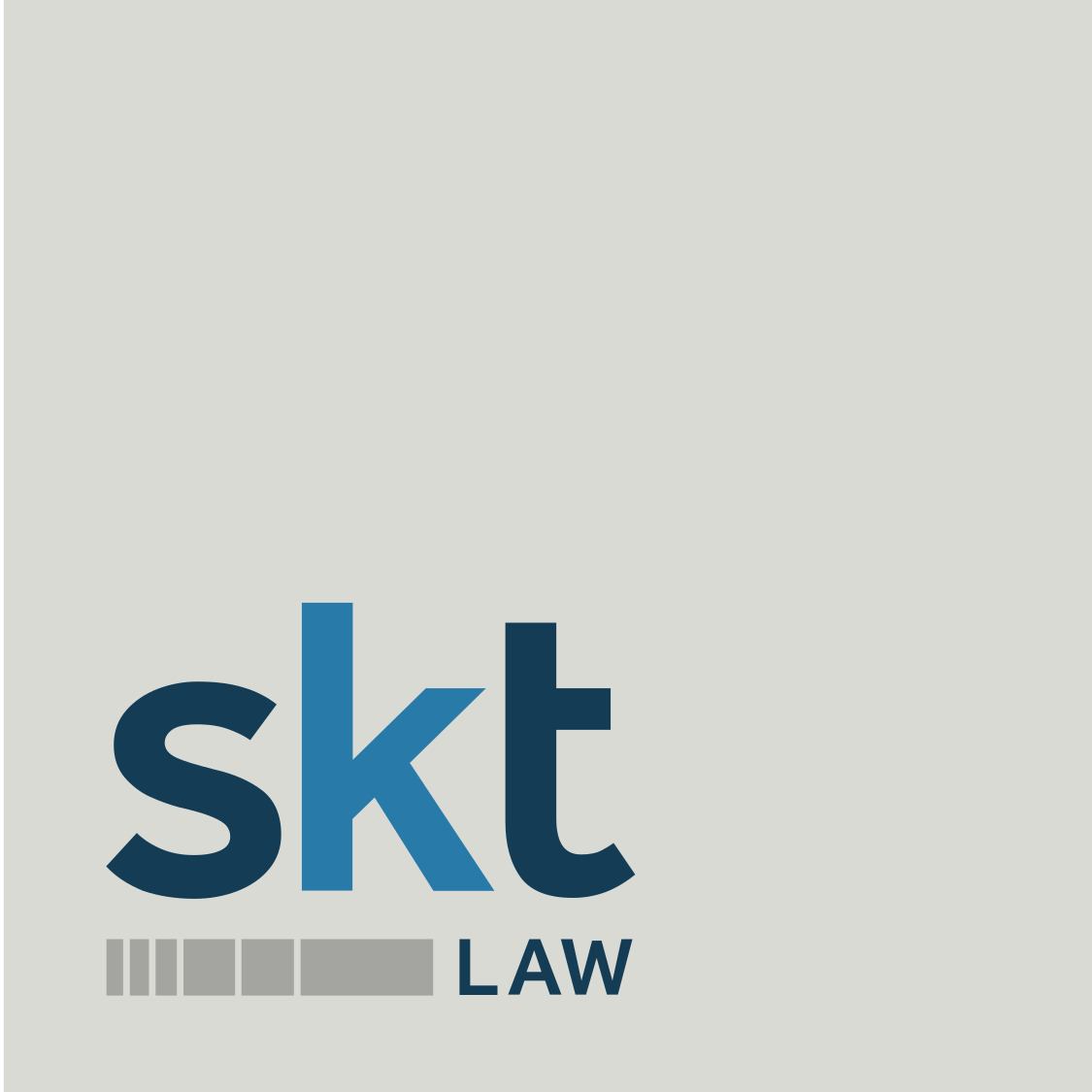Many healthcare companies utilize a sales staff to gain new clients or patients. However, sometimes subtle differences in how that sales staff is structured can make the difference between having a well-run organization that is compliant with federal law or having the owner-operator end up in federal prison. Unfortunately, for the owner-operator of a healthcare company, any company that obtains money from a federal program is subjecting itself to one of the most highly regulated industries in the United States, and the consequences of failing to properly understand those regulations can mean time in “Club Fed”.
SKT health care attorneys have evaluated and defended the use of many employee incentive systems for years, and SKT’s founding partner formerly prosecuted these cases for the U.S. Attorney’s Office.
Salesperson Liability W-2 Employee vs 1099 Contractor
Having talked with hundreds of such owner-operators, the general rule of thumb that most owner-managers use (although misguided) is that, if the sales person is a W-2 employee and not a 1099 contractor, they can pay a bonus for every referral, however, if the salesperson is a 1099 contractor, it constitutes a violation of the anti-kickback laws.
We cannot tell you how often we have heard DME or home healthcare owners tell us when we ask about such programs… “It’s okay, they are all W-2 employees”. If only it were that simple! At SKT we have seen people sentenced to many years in Federal Prison, even though the sales staff were technically W-2 employees.
Unfortunately for these owners, many of them failed to consult with an employment attorney when putting their programs together. Some may have performed a “Google search”, or worse yet, maybe even obtained their employment contracts from a generic World Wide Web search.
Does W-2 vs 1099 Matter for Anti-Kickback Law?
Sadly, for them, while the W-2 employee versus 1099 contractor distinction does matter in the anti-kickback law, that is not the end of the inquiry. For example, anyone offered an incentive cannot be engaged in the provision of items or services payable under a Federal Healthcare Program. Moreover, OIG guidance dictates that any compensation incentive cannot be greater than 5-10 percent of the total base salary. Additionally, a program that is more immune to prosecution would be one that has a variety of marketing goals – instead of a one-to-one payment of a bonus per new patient. The bottom line is that there are many other specific rules that must be followed.
In addition to having, on paper, a compliant program, any compliant company must constantly monitor what their marketing employees are doing to ensure that these individuals are not violating the Anti-Kickback Statute. Examples of such violations might include paying physicians for referrals, or too aggressively marketing to beneficiaries with questionable eligibility. Therefore, healthcare companies must employ compliance officers or hire counsel to guide them on monitoring of these activities. Failure to do so may well likely end in a criminal prosecution, which is a situation no one wants to find themselves in, avoiding it at all costs. If your company has an incentive system for its employees, or if you are thinking about instituting one, call SKT for a free consultation. We will help guide you and your company to a position where it is compliant with the strict Anti-Kickback Statutes, while still allowing you to be able to do what you need in order to make your business profitable.
